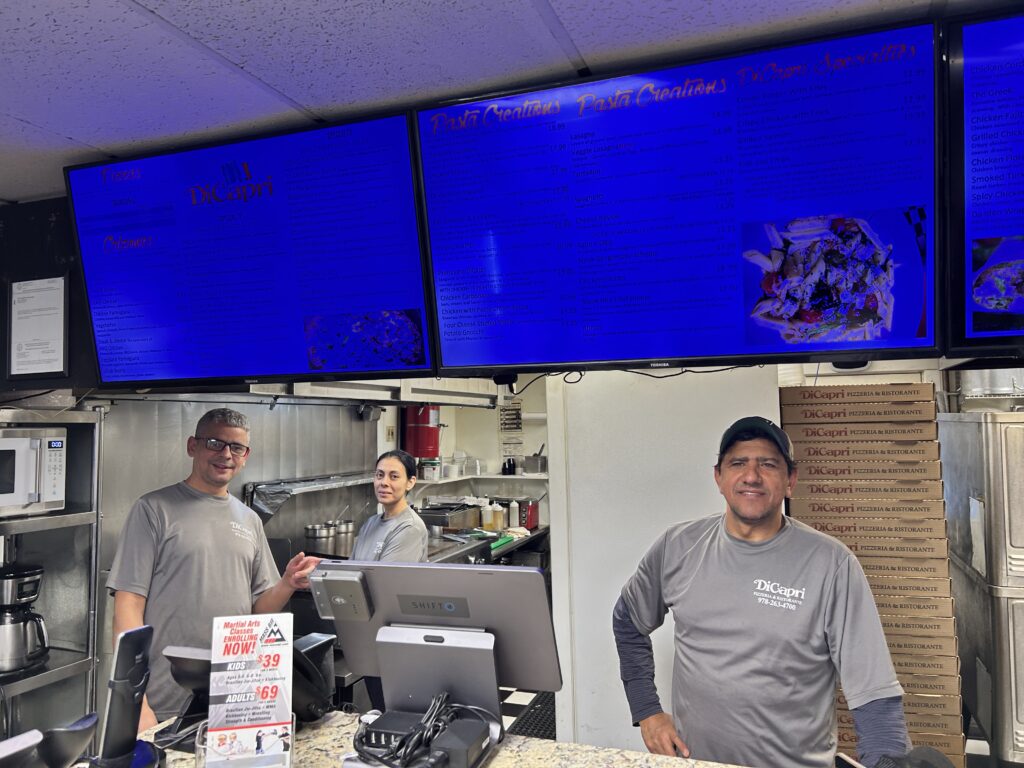BOSTON – On Nov. 14, State Senator Jamie Eldridge (D-Marlborough) and State Representative Danillo Sena (D-Acton) voted in favor of a sweeping economic development bill which included a measure that will remove the citizenship requirement to securing a restaurant liquor license, a priority that both worked towards.
The policy change was included with H.5100, An Act relative to strengthening Massachusetts’ economic leadership, which aims to stimulate new and proven industries, support workforce development and talent retention, and modernize economic growth strategies.
Senator Eldridge and Rep. Sena both pushed for liquor license equity through An Act to enhance diversity in the awarding of liquor licenses, a bill that they coauthored and sponsored. The measure included in the Economic Development bill stems from an amendment added by State Senators Lydia Edwards and Patrick O’Connor in the Senate version. While the language in the Economic Development comes from an independent bill, Sen. Eldridge and Rep. Sena are excited to see the policy change while continuing their work to ensure equitable access to liquor licensing for immigrants. Eldridge and Sena filed legislation after learning that the owners of the Maynard Pizza House, the Brazilian American Nunes family, could not apply for a liquor license, because they were Green Card holders, but not yet U.S. citizens.

“I was proud to vote for the Economic Development bill, which includes liquor license reform to allow immigrants to own liquor licenses,” said Senator Eldridge. “This reform will increase the participation of immigrants with expertise in wine, beer and spirits in the alcohol industry. It will create jobs, and align the liquor laws with the overwhelmingly welcoming stance of Massachusetts to immigrants as reflected in our laws.”
“So many immigrants in Massachusetts are running prosperous small businesses and restaurants that serve as vital spaces for their communities. Yet, these individuals were previously barred from holding liquor licenses,” said Rep. Sena. “I’m proud to see this archaic citizenship requirement removed to allow immigrants to build up their communities, further contribute to the economy, and uplift cultures because of this policy.”
Interviewed by the Acton Exchange, Acton’s DeCapri Pizzeria owner Balao DeCapri said, “The liquor license equity in the economic development bill will help investors participate more in the economy and will also be a very good incentive for people who wish to join the industry. It would have been a great opportunity if it was available to me years ago.” DeCapri recently became a United States citizen.
“Allowing green card holders and permanent residents to apply for liquor licenses is a no brainer. These folks are just as integrated and as dedicated to the community as US citizens,” said Vanessa DePaula is the owner of Maynard Pizza and Bar and advocate for liquor license equity. “If someone is living and working in this country, they should have the same opportunity to build their business and contribute to the economy. It’s a small but important step that benefits everyone.”
In addition to liquor license equity, the Economic Development bill included numerous policy changes aimed at supporting small businesses and development in Massachusetts, such as authorizing project labor agreements, increasing educator diversity, and allowing for the sale of craft beer at farmer’s markets. The bill also includes a total of $3.96 billion in capital authorizations for leading Massachusetts industries including life sciences and climate tech, as well as authorizations for local earmarks. The legislation now goes to Governor Healey for her signature.
For more on the Economic Development bill, click here.
